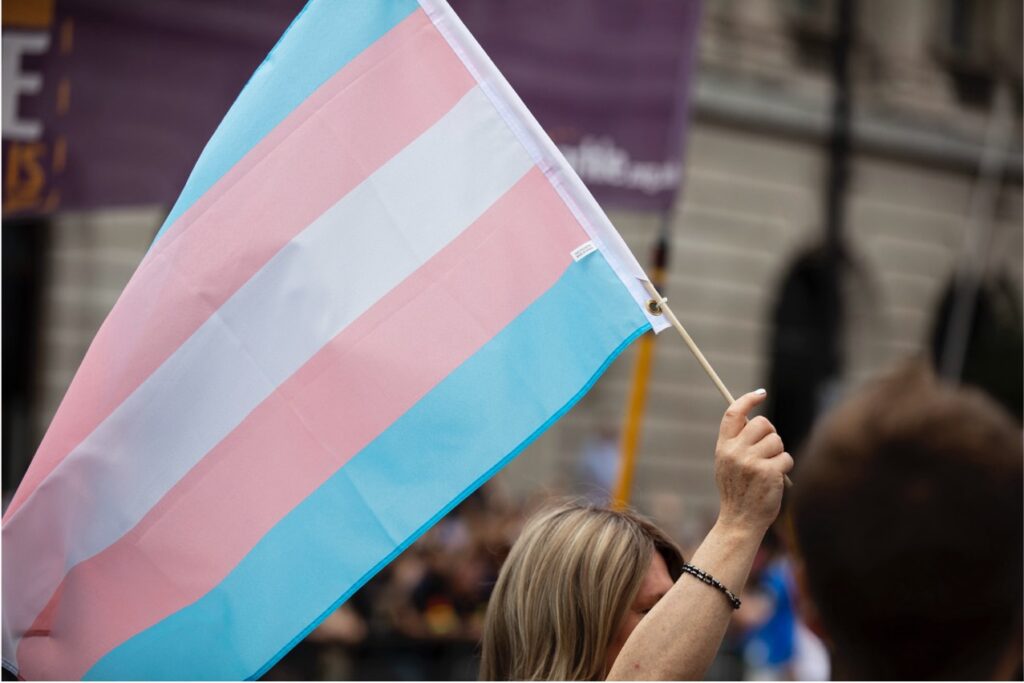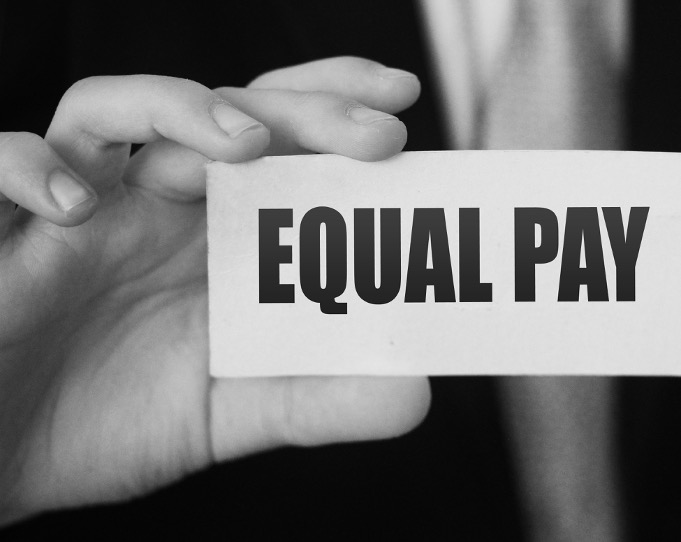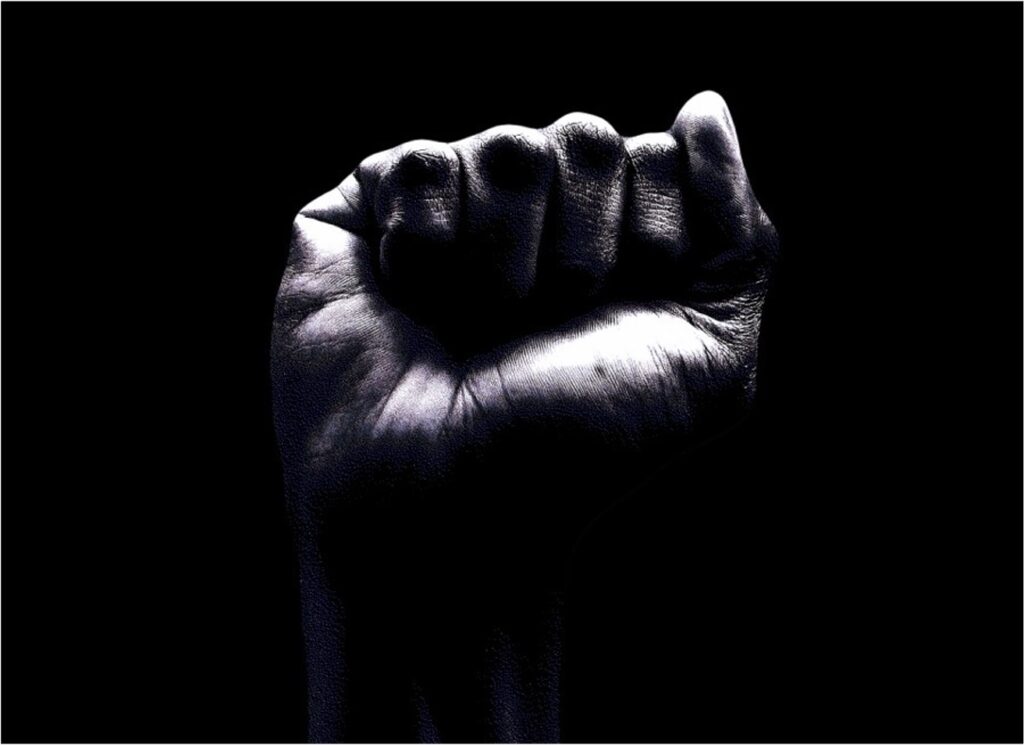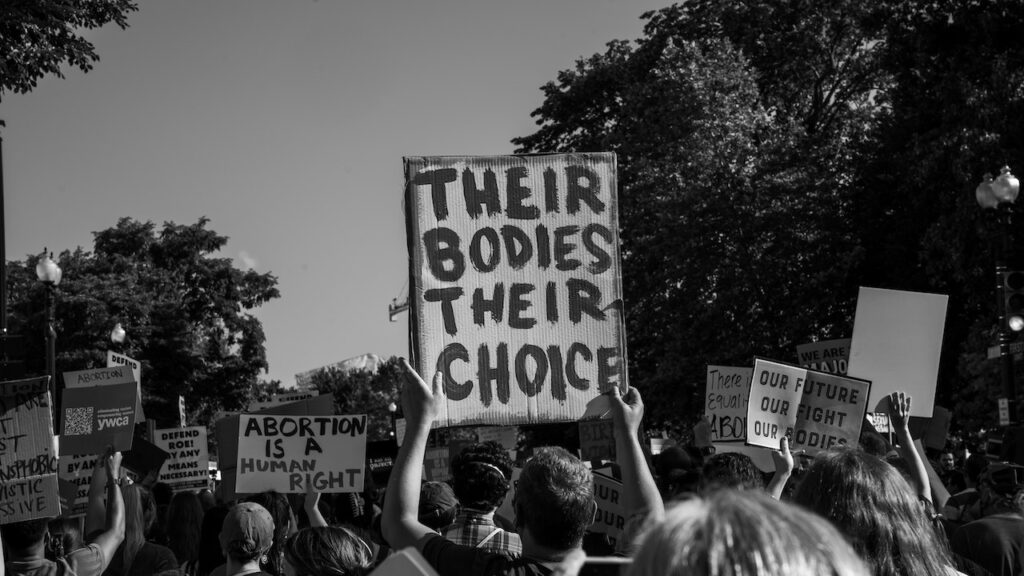Across industries and jobs, in companies of every size, the way people are promoted is often unfair and discriminatory.
Data from the United States and Canada shows that people from marginalized groups experience lower promotion rates, especially if they have multiple parts of their identity that are marginalized. (McKinsey, 2022) (Statistics Canada, 2022)
When the promotion process doesn’t systemically account for the experiences of people from marginalized groups and the barriers they face, the biases of decision-makers are likely to negatively impact the growth of people from these groups. As a result, not everyone who should be promoted is.
Tips for an Equitable Promotion Policy:
At Inclusivity, we developed a guide ‘Promotion Policies with an Equity Lens’ to offer practical advice on how to create and implement a promotion policy that is truly equitable. This guide was developed using the Inclusivity Equity Lens Framework and aims to help organizations reduce the advancement gap for marginalized groups who disproportionately face barriers in the promotion process and work towards adopting equitable practices that build diverse, high-performing teams.
Equitable Promotions in Practice…
To support this conversation about equitable (and inequitable) promotion practices, Inclusivity hosted a panel discussion with seasoned HR practitioners and equity specialists to
- share stories and experiences of inequities in the workplace,
- reflect on the impact of equitable processes for individuals and organizations, and;
- discuss tips and examples of equitable promotion practices that are making a difference.
A few takeaways from the experienced panelists:

Shalyma Cambridge, Director of Equity & Solutions, Inclusivity (Moderator)
We know that Discrimination directly—and negatively—impacts opportunities for career advancement and ultimately affect diversity with leadership.
Women in Canada represent just about or less than one-third of corporate director and executive officer roles. The numbers are even less for women of colour, with less than 10% holding board, executive and pipeline positions collectively.

Sofia Arisheh, Principal, UpSkill Consulting
“We’re in a time where retention is hard and hiring is difficult. A lot of people are reactionary and trying to get seats filled but that is very damaging. Especially when you’re filling roles that are managing people. People will become disengaged and discouraged. You will open up a revolving door.”
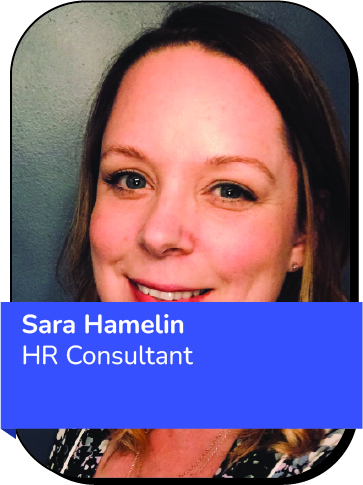
Sara Hamelin, HR Leader & Consultant
“Consistency is key. The most ineffective promotion policies are the ones that don’t get followed.”
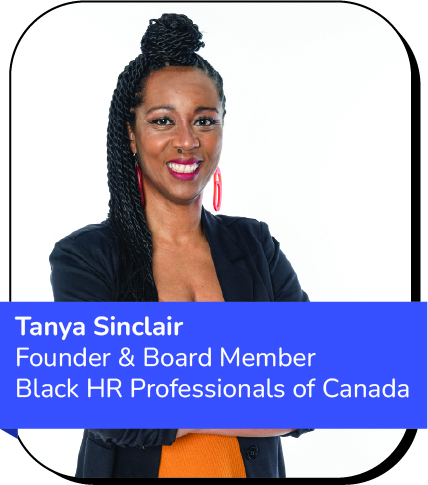
Tanya Sinclair, Founder & Board Member, Black HR Professionals of Canada
“The glass cliff is when you have someone from an equity seeking group who has broken through the glass ceiling only to fall off of a glass cliff. These people are set up to fail because they are being placed in very challenging circumstances. people are being quickly promoted into roles where they’re expected to do groundbreaking work without resources and with unrealistic expectations. This reinforces bias that people from equity seeking groups aren’t good at leadership.”
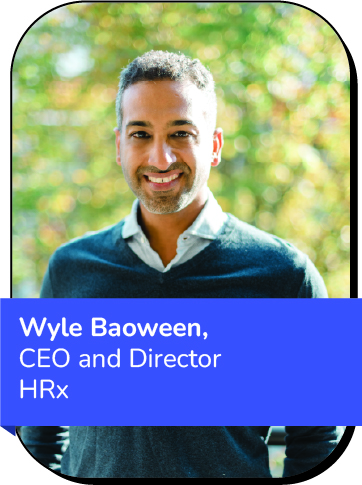
Wyle Baoween, CEO and Partner, Inclusivity
“We need to think about support and really make sure people who are promoted are supported. The problem with quick hires and promotions is that, after they are promoted, if they don’t deliver it could build a bias called the Performance Bias. You need to be aware of Performance Bias and the role it plays if you want to promote people equitably. You have to realize that different people need different types of support.”
Watch the full video recording here
If you have questions or are interested in an assessment of your existing promotion process or policy, please reach out to our equity specialists for a free 30 minute consultation.







